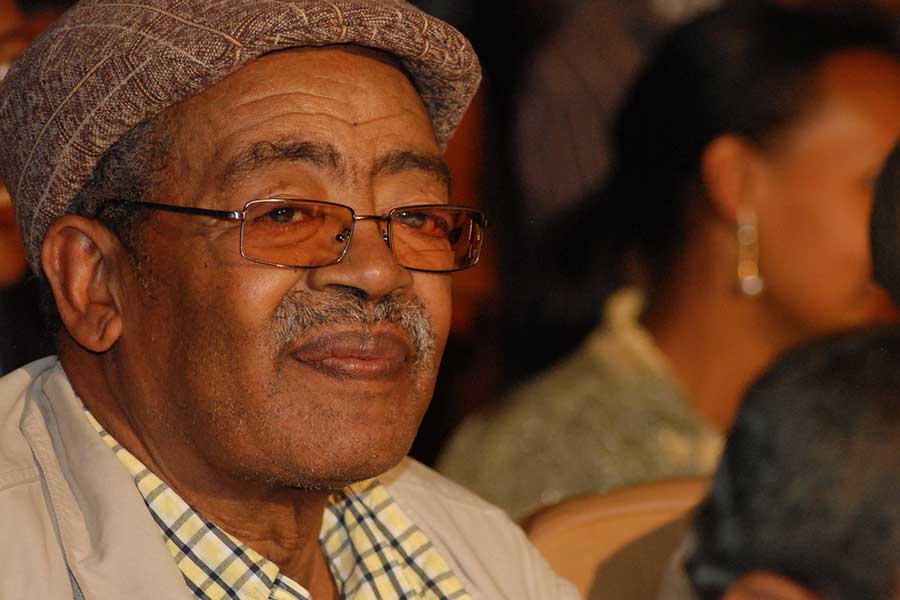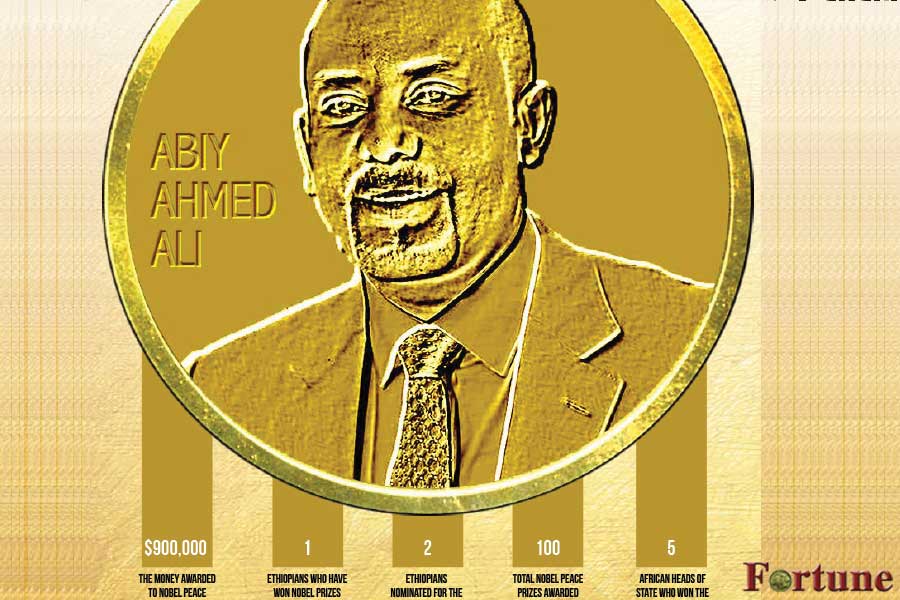
Sometimes the critics are just wrong. This is true for The King’s Man, the third instalment in the Kingsman franchise. Admittedly, it is not as joyful and a breath of fresh air as the first movie, Kingsman: the Secret Service. But it is better than the second one, The Golden Circle, while adding thematic elements of grief and exploring the idea of pacifism. It is probably the best alternate history movie since Once Upon a Time in Hollywood in 2019.
“This is an odd film, with no real idea of what to do with its undeniably great cast, and there’s something off-putting about how much it wants to have it all,” reports a review on rogerebert.com.
Such commentary suggests that The King’s Man is an unwatchable drudgery, but it is not. The criticism conflates the shortcomings of any action movie designed to be fun with a general lack of cinematic appeal. It is not the case.
The King’s Man is a prequel to the two instalments that came before, tracing the establishment of the Kingsman secret service in the aftermath of World War I. It follows the story and motivations of its founder, Duke of Oxford, Orlando (Ralph Fiennes). Losing his wife during the Second Boer War in South Africa, he swears off armed conflict and grows protective over his only son, Conrad (Harris Dickinson).
But by the mid-1910s, discontent and nationalism are rising to the brim, creating the general atmosphere of an impending war. Trying to capitalize on the political atmosphere is a secret clique of conspirators whose members are selected from influential posts in the governments of Germany, Russia and the United States. They are led by a man with a distinctly Scottish accent who is not revealed until the end of the movie.
All the while, Orlando has set up a spy network made up of the “help” in major governmental institutions and royal courts worldwide to thwart the breakout of war. Informed of a possible attempt on the life of Archduke Franz Ferdinand, he even accompanies him on his visit to Sarajevo. But things are out of Orlando’s control and World War I erupts.
Owing to his spy network, though, he becomes convinced that a conspiracy is behind the outbreak and perpetuation of the Great War. His first clue is that Gregori Rasputin (Rhys Ifans) is influencing Tsar Nicholas (Tom Hollander) to pull out of the war. As the United States had not yet joined the fight back then, it would have led to Great Britain’s defeat and the victory of Germany. Orlando, with his crew, including his son, is convinced that he has to break his vow of pacifism and assassinate Rasputin.
Admittedly, there is tonal inconsistency with the movie. It sometimes wants to be a spy movie in the fashion of the previous instalments in the franchise. Some scenes are focused on the horrors of World War I trench warfare and others on European geopolitical intrigue. The theme of pacifism it wants to tackle is also too big for its boots. In the end, it fails to reconcile the concept of non-violence with the high-octane action sequences that lead to many people’s deaths.
But to claim that The King’s Man is not an absolute delight to watch is going too far. Rasputin is the best part about it, while the action scenes are as stylized and entertaining as always. The trench warfare part would have made for a great World War I short by itself and the relationship between Orlando and his son is heartwarming. The plot itself is hilarious for anyone curious about early 20th century European history. The King’s Man is not an action-comedy in the calibre of Hot Fuzz, but neither is it The Hitman’s Bodyguard.
PUBLISHED ON
Jan 07,2022 [ VOL
22 , NO
1132]

Viewpoints | Nov 23,2024

Films Review | Sep 10,2022

Fortune News | Oct 05,2019

Radar | Nov 05,2022

Sunday with Eden | Jul 30,2022

Commentaries | Jan 07,2024

Verbatim | Apr 21,2024

Fortune News | Oct 12,2019

View From Arada | May 24,2025

Commentaries | Jul 10,2020

My Opinion | 131656 Views | Aug 14,2021

My Opinion | 128020 Views | Aug 21,2021

My Opinion | 125983 Views | Sep 10,2021

My Opinion | 123607 Views | Aug 07,2021

Jun 28 , 2025
Meseret Damtie, the assertive auditor general, has never been shy about naming names...

Jun 21 , 2025
A well-worn adage says, “Budget is not destiny, but it is direction.” Examining t...

Jun 14 , 2025
Yet again, the Horn of Africa is bracing for trouble. A region already frayed by wars...

Jun 7 , 2025
Few promises shine brighter in Addis Abeba than the pledge of a roof for every family...

Jun 29 , 2025
Addis Abeba's first rains have coincided with a sweeping rise in private school tuition, prompting the city's education...

Jun 29 , 2025 . By BEZAWIT HULUAGER
Central Bank Governor Mamo Mihretu claimed a bold reconfiguration of monetary policy...

Jun 29 , 2025 . By BEZAWIT HULUAGER
The federal government is betting on a sweeping overhaul of the driver licensing regi...

Jun 29 , 2025 . By NAHOM AYELE
Gadaa Bank has listed 1.2 million shares on the Ethiopian Securities Exchange (ESX),...